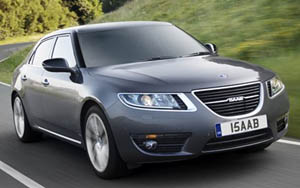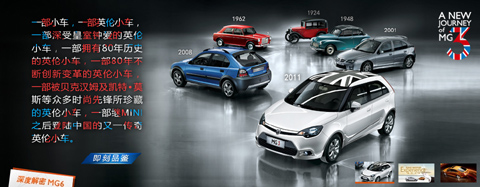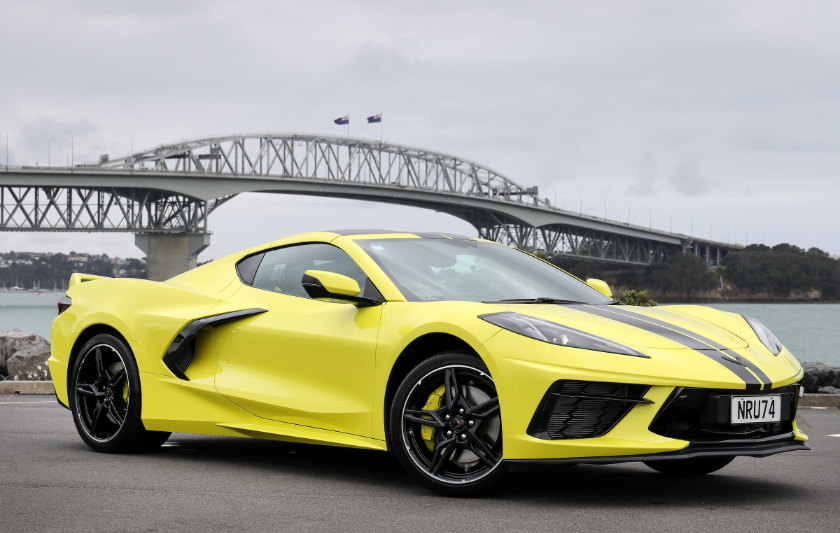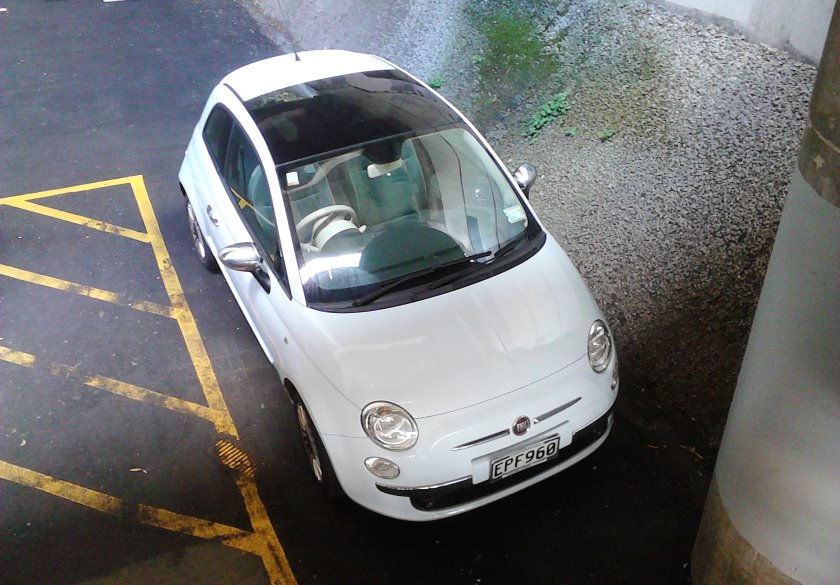 If you’re a car nut, then you won’t be mourning, too much, the passing of former Czech president Vaclev Hável. Or, for that matter, Kim Jong Il. It’s Saab that has finally died as it files for bankruptcy after GM, which still licenses key technologies to the Swedish firm, vetoed its sale to Zhejiang Youngman Lotus Automobile.
If you’re a car nut, then you won’t be mourning, too much, the passing of former Czech president Vaclev Hável. Or, for that matter, Kim Jong Il. It’s Saab that has finally died as it files for bankruptcy after GM, which still licenses key technologies to the Swedish firm, vetoed its sale to Zhejiang Youngman Lotus Automobile.
GM has a JV with SAIC, the Shanghai automaker, and believes that if those technologies were to find their way into the hands of a small upstart Chinese rival, it wouldn’t be to its advantage. Saab, which had been teetering on collapse since March, when it first stopped production, decided to call in the receivers today.
GM had issued a statement at the weekend, saying, ‘Saab’s various new alternative proposals are not meaningfully different from what was originally proposed to General Motors and rejected … Each proposal results either directly or indirectly in the transfer of control and/or ownership of the company in a manner that would be detrimental to GM and it shareholders. As such, GM cannot support any of these proposed alternatives.’
Swedish Automobile, the parent company of Saab, responded, ‘After having received the recent position of GM on the contemplated transaction with Saab Automobile, Youngman informed Saab Automobile that the funding to continue and complete the reorganization of Saab Automobile could not be concluded.
‘The Board of Saab Automobile subsequently decided that the company without further funding will be insolvent and that filing bankruptcy is in the best interests of its creditors.’
GM, in the two decades in which it owned Saab, failed to turn a profit with the brand. However, its parting gift, the new 9-5 saloon, was heralded by some fans as a return to form for the company. Hopes were high for it, and the 9-4X crossover, helping Saab back into a position of strength.
It’s easy to do a post mortem now, but the failure could be levelled at GM’s misunderstanding of the Saab brand. It may have been sensible to shift Saab models on to Opel platforms for economies of scale, but, in doing so, the cars lost some of their character. The lowest point was when GM created a rebodied Subaru Impreza and called it the Saab 9-2X, which fooled few buyers—one has to remember that Saab buyers tended to be well educated. Saab never fitted well in a business which targeted the mainstream: its own cars were always bought by people who enjoyed their quirkiness and the fact they did not follow convention.
GM only understood this when it was far too late, as the last two models demonstrated.
When GM itself had to file for bankruptcy protection in the US in the late 2000s, Saab, Pontiac, and Saturn were the victims.
When Saab was sold to Spyker, its boss Victor Muller invested heavily into the business to try to turn it around—but he, and other investors, would have lost tremendously today. Saab fans will likely remember Muller favourably—after all, he put his own money into the business and shared his supporters’ passion—but in a world where break-even points are at hundreds of thousands of units, Saab’s 30,000 in 2010 were never going to be enough. MG Rover Ltd. collapsed with 2004 sales of 115,000 in 2005.
As hindsight is 20-20, Saab and Youngman might be accused of wishful thinking, believing it to be unencumbered by GM’s IP rights. However, the American business held the right of revocation over key licences that make up Saab’s 9-3, 9-4X and 9-5 models.
It’s not the first time intellectual property has got in the way of car businesses. One of the most famous examples was BMW arranging with Rolls-Royce trade mark owner Vickers plc to license the brand for motor cars, as Volkswagen negotiated to buy the Rolls-Royce Motors business. And all Volkswagen really had to do to find this out was visit the Rolls-Royce website home page at the time: right at the bottom, stated clearly, was the message that the Rolls-Royce brand was licensed from Vickers plc.





How can SAAB not be sold on?
It was sold off in 2010 by General Motors to Spyker. It is not for GM to say what happens to it after it has been sold off.
GM got rid of companies that were requiring investment to stop it becoming bankrupt!!!
It is hardly in a position now to put terms on a onward sale!!